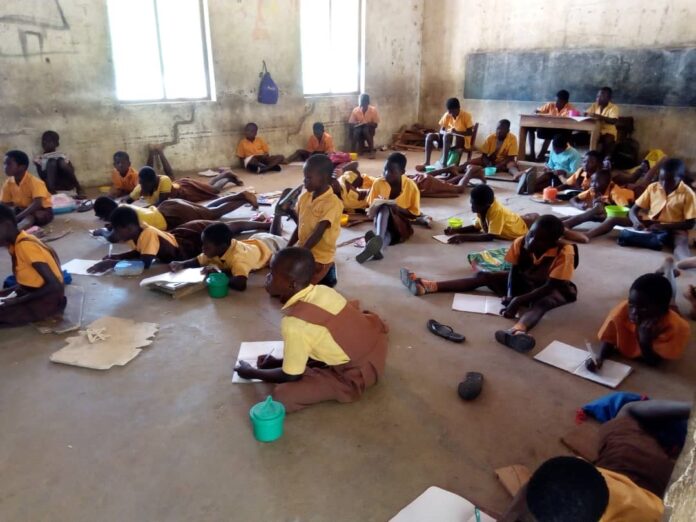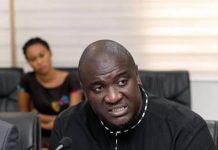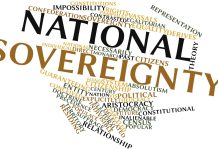In Ghana, schools, colleges, and universities were disrupted from 16 March 2020 to 15 January 2021 as part of the Government of Ghana’s measures to contain the spread of the virus.
At the peak of the pandemic, an estimated 9.2 million students from KG to Senior High School were affected, in addition to 0.5 million tertiary education students, 450,000 non-teaching staff, and 450,000 teachers in the public and private institutions.
The closure of schools, universities, and other learning institutions, as well as the interruption of many literacies and lifelong learning programmes have adversely affected the lives of many learners, teachers, and educational service providers.
It is commendable that the Government of Ghana responded swiftly to the learning disruption by putting in place alternative learning solutions, notably Learning Management System (LMS) in many tertiary institutions, the icampus, Ghana Learning TV, and Ghana Learning Radio, through which lessons were delivered to basic school pupils.
Despite the contribution of these initiatives to the continuity of learning during the period of school closures, there were limitations. For instance, many students have not been able to effectively access and use these remote learning solutions, thereby reinforcing the existing inequity in the education sector, with children from poor households, remote and deprived communities as well as persons with disabilities bearing the brunt.
The UN in Ghana in this statement calls for a safe school environment for all students where all parents, caregivers, and institutions ensure that the school environment is both welcoming and supportive.








































